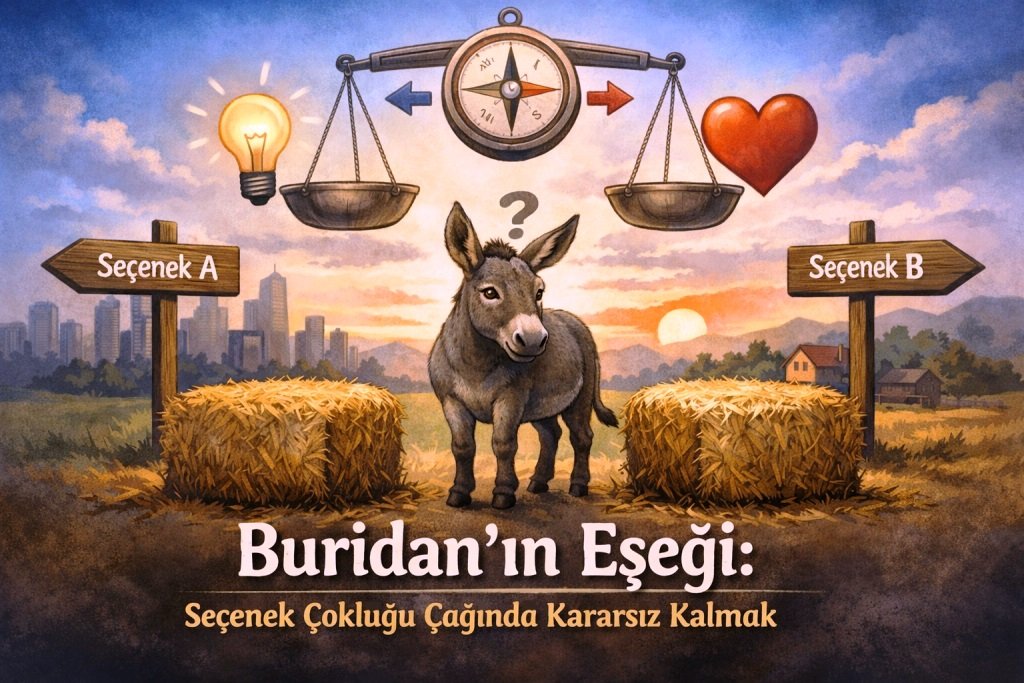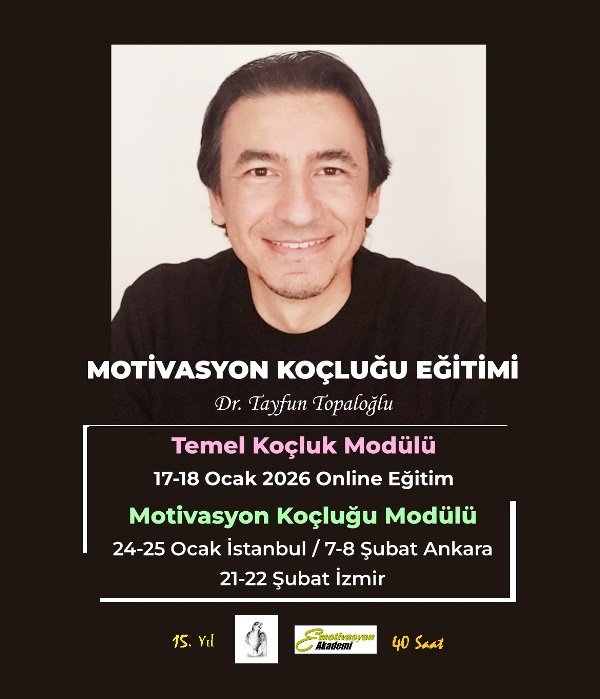The Philosophy of Viktor Frankl: The Art of Hope
Viktor Frankl, Holokost’un dehşetini derinden yaşayan Avusturyalı Yahudi bir psikiyatristti. İkinci Dünya Savaşı sırasında, ailesiyle birlikte Auschwitz ve diğer toplama kamplarına sürgün edilir. Onun hikayesi ve felsefesi, umudun insanın hayata tutunmasındaki en büyük kaynaklardan birisi olduğunu kanıtlayan referansların başında gelir.
Onun ifadesiyle; insani özgürlüklerin en sonuncusu, içinde bulunduğu koşullar ne olursa olsun, kişinin kendi tutumunu seçebilmesidir. Frankl, bu kamplarda yaşadığı dehşetin ortasında bile insanın içsel bir özgürlüğü olduğuna inanıyordu. Ona göre, insanlar durumlarından bağımsız olarak düşünebilir ve seçimler yapabilirdi. Bu düşüncesiyle, kamplardaki acıyla ve ölümle yüzleştiği anlarda bile insanların yaşamın anlamını bulabileceğini savundu.
Her kim ki hâlâ yaşıyordur, o halde umutlanmak için bir sebebi vardır.
Kamp koşulları korkunçtu; açlık, işkence ve ölümle her an karşılaşan insanların bu durumda bile umut arayışında olduğunu gözlemleyen Frankl, , hayatta kalma isteklerinin, gelecekte yaşayacakları anlamlı bir yaşamı umuduyla güçlendiğini fark etmişti.
Frankl discovered that the secret to increasing the chances of survival for many people in the camps was to make their lives meaningful. In his opinion, people should be concerned not only with how they survived, but also with why they survived . . . .
Acılar, ancak gelişiyorsan bir anlam taşır.
This philosophy also influenced his own survival story. After surviving Auschwitz and other camps, Frankl described his experiences in his famous book "Man's Search for Meaning." Despite the horror he experienced in the camps, Frankl inspired millions of people by emphasizing hope and the inner strength of man.
Viktor Frankl's life story shows how vital it is for people to find hope and meaning even in the most difficult circumstances.
Umudu Güçlü Tutmanın Yolları
Viktor Frankl's book Man's Search for Meaning, first published in 1946, contains important lessons about what people can do to maintain hope and survive in difficult conditions. Here are the important information we can get from this book about the art of hoping:
Discovering Meaning: Meaning means understanding the reason and value of life. When we find meaning, we can better endure even life's challenges.
Using Our Freedom: Koşullarımız ne olursa olsun, düşünce ve seçimlerimizde özgürüz. Bu özgürlüğü kullanarak, içsel gücümüzü keşfedebilir ve umudu canlı tutabiliriz.
Appreciating Small Pleasures: It is also important to enjoy the small pleasures rather than just waiting for the big happiness. One beautiful moment in a day can keep hope alive.
Will to Survive: By mobilizing our inner strengths and fighting for a cause, we can strengthen hope and survival.
Accepting Pain: Pain and hardship are inevitable, but acknowledging that pain and making sense of it can help us maintain hope.
Helping Others: Helping others is a powerful way to add meaning to our own lives. Supporting others will be an effective way to raise hope among people while strengthening human bonds.
Understanding the Temporality of Life: Understanding that life is temporary can help us not get hung up on small problems. It becomes possible to maintain hope by looking at it from a larger perspective.
Asking Ourselves Questions: Asking ourselves deep questions such as 'Why am I here in life?' can help us discover the meaning of life.
Using Creativity: Creativity can unleash one's inner strength. A creative endeavor such as art, music, or writing can keep hope alive.
Having a Purpose: A purpose allows us to survive and maintain hope. Pursuing a goal activates our inner strength.
Tüm bu yollar Viktor Frankl’ın bir insanın umutlu kalması için önerdiği temel bilgileri yansıtıyor. Anlamı bulmak, özgürlüğü kullanmak, küçük zevklerin değerini anlamak ve başkalarına yardım etmek gibi ilkelere odaklanmak, umudu canlı tutmanın anahtarlarıdır. Frankl’ın yaşamı ve düşünceleri, insanlara içsel güçlerini keşfederek ve anlam arayışında bulunarak umudunu koruması konusunda güçlü bir rehberlik sağlıyor.







